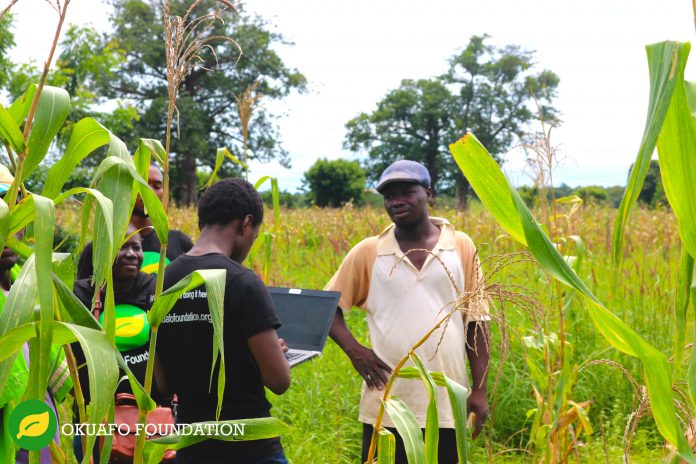
As a digital innovator, my world revolves around apps, AI and devices that provide farmers with access to all kinds of information and services – from advanced pesticides to irrigation techniques, speciality fertilizers and solar-powered milling facilities. This digital transformation is part and parcel of the fourth industrial revolution and utterly transformative for value chains, quality, the quantity of food and most importantly, food security. This narrative – which we’re all familiar with – risks overshadowing the needs and challenges faced every day by the farmers whose day to day toil provides all of Africa with a basis for food security: subsistence farmers.
The role that subsistence farmers play in the national journey towards food security is enormously important, for a multitude of reasons – with self-sufficiency at the top of the list. Subsistence farmers aren’t generally in it for the money – their primary concern is to cultivate crops on what is typically a very small piece of land in order to feed their families and communities throughout the farming seasons. Self-sufficiency goes hand-in-hand with food security – it reduces reliance on imports and feeds entire rural communities – meaning technological interventions and infrastructure are key at this stage, to ensure that local communities are relying on no one but themselves for sustenance. Outside of the harvest season, the subsistence farmer has very little income, and it is, therefore, important to maximise output when he can and, if possible, grow a little more to be sold to market. Technological and digital support (much of which is free), is a critical part of the equation.

However, getting that high-quality crop to market is a problem – and this is where no number of digital brainwaves can make the smallest bit of difference to the subsistence farmers’ prospects (and those of his family). Subsistence farmers are highly dependent on a reliable transport system for linking rural communities to market centres to sell their farm products and buy industrial goods. The roads leading to farming communities are often highly deteriorated, and in many cases, they are little more than well-worn dirt tracks that churn up the kind of dust storm that ruins the crops being carried.
By the time a farmer has paid for his petrol and painstakingly driven across challenging terrain for many hours longer than it should take, the quality and value of his unrefrigerated produce is often lost, making an entire journey a waste of time and resources. And, so too is the hard work in learning better irrigation techniques and purchasing better fertilizers.
We know that in Ghana there is the political will to deal with the rural transport issue: but we also know that despite progress, that will is not currently enough to reach the parts of rural Ghana that need it most. The Ministry of Transport’s Vision is to, ‘Create an integrated, modally complementary, cost-effective, safe, secure, sustainable and seamless transportation system responsive to the needs of society, supporting growth and poverty reduction capable of establishing Ghana as a transportation hub of West Africa.’ However, we know that despite investment in national infrastructure and the government’s ‘Cocoa Roads’, which enable cocoa farmers to reach the supply chain faster, the paucity of investment in connecting rural communities to towns and villages is well documented. In 2018, in its Enabling the Business of Agriculture report, the World Bank strongly advised Ghana to ‘drastically improve its transportation to improve its agriculture and economy’.
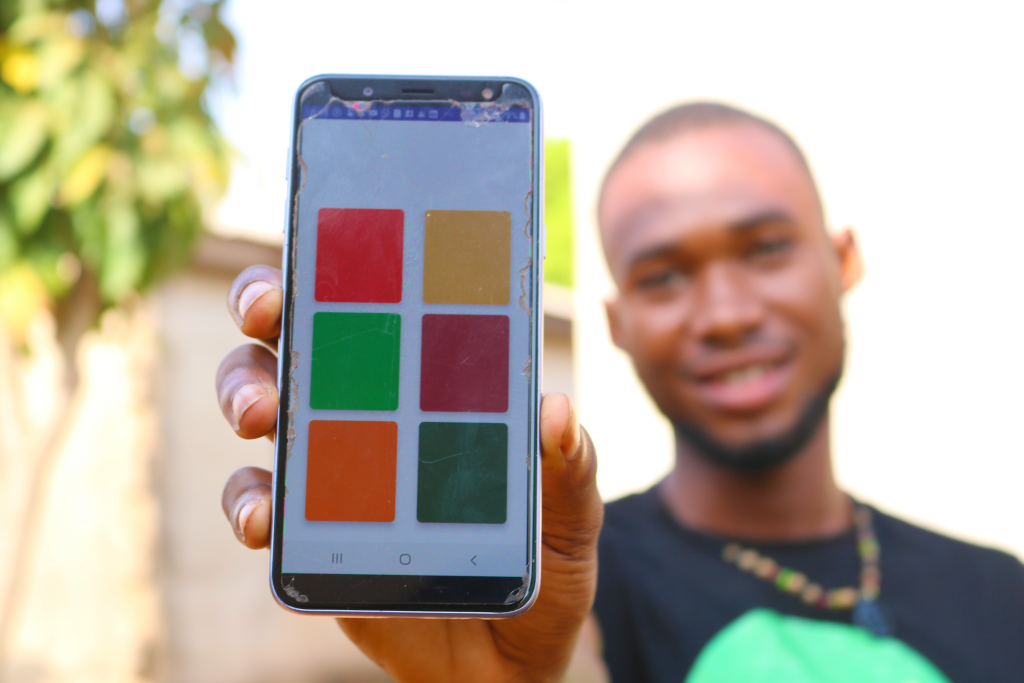
Okuafo Foundation 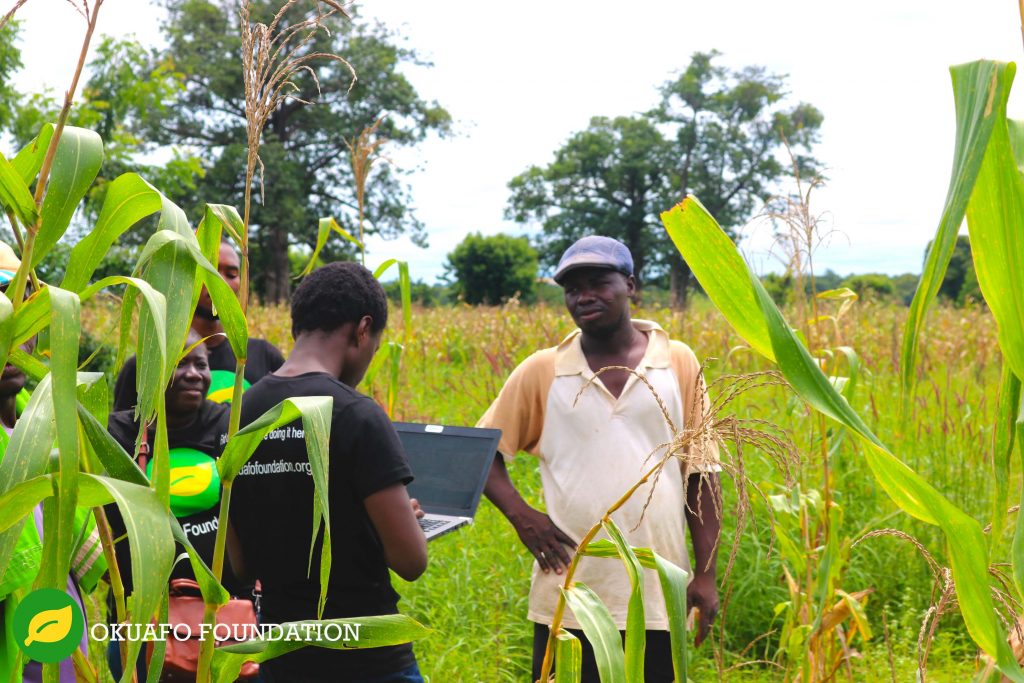
Okuafo Foundation 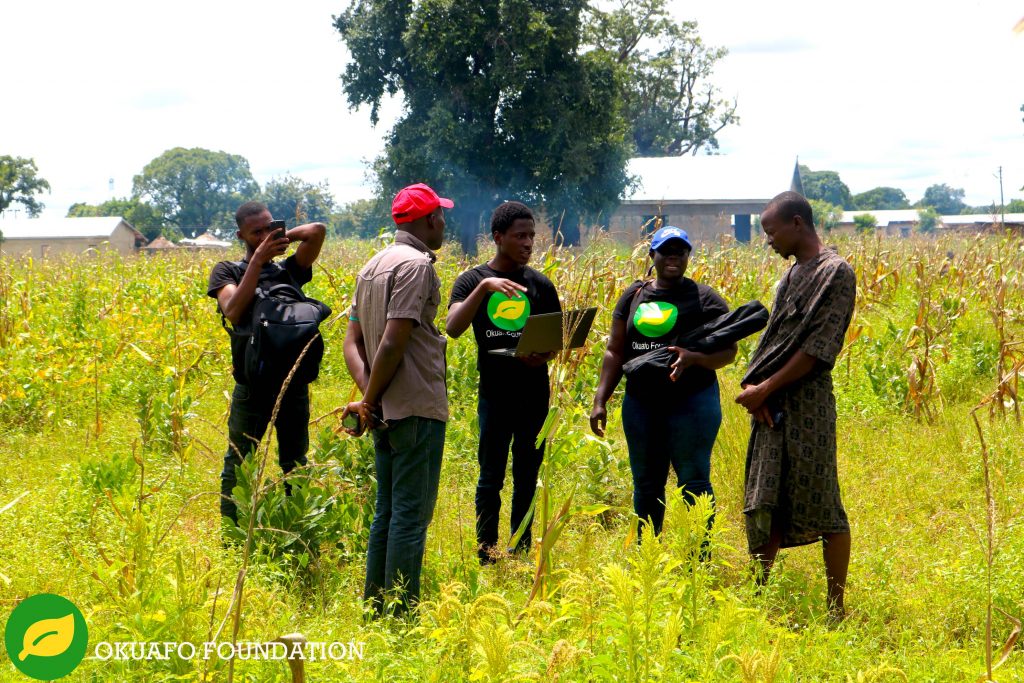
Okuafo Foundation 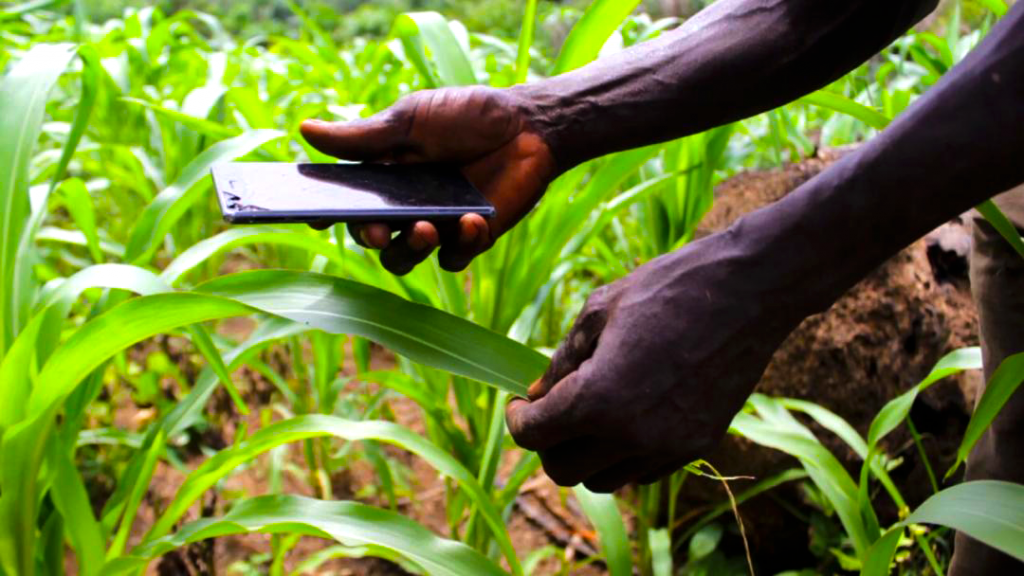
Okuafo Foundation 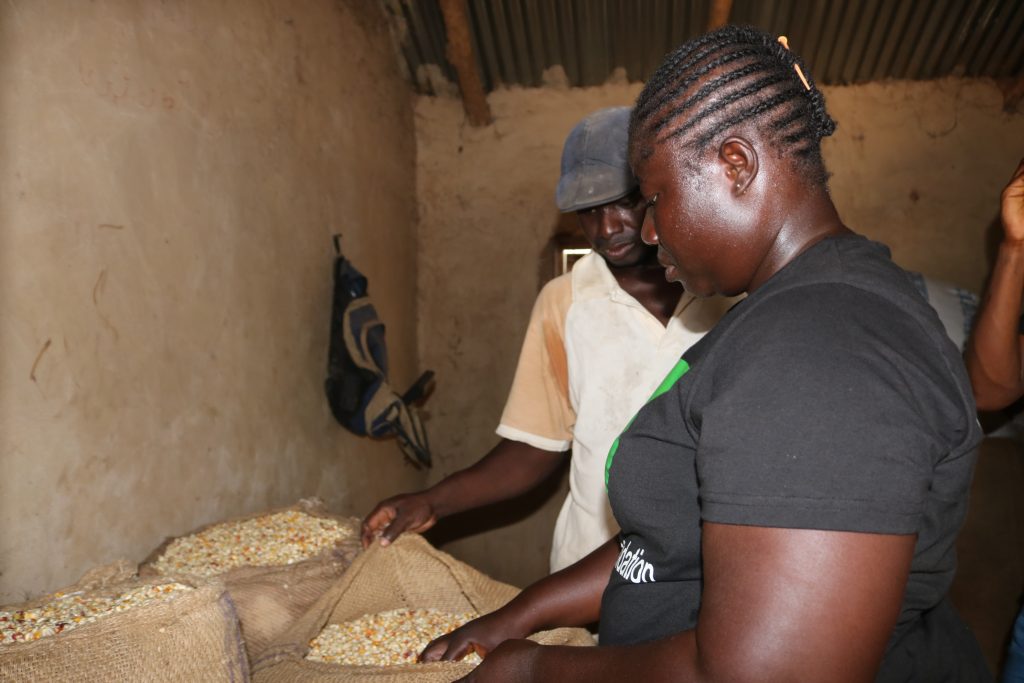
Okuafo Foundation
Talent and hope cannot be the vanguard of rural socio-economic development without an inclusive approach to infrastructure development. Subsistence farmers need roads, roads, and more roads as a last step in ensuring food security.
If a national rural road transport strategy properly laid down tarmac in such communities, the outputs would be plain to see – greater volumes of agricultural surpluses of a high quality will make their way to market fresh and intact and worth a decent dollar. With roads in place, the technology that enables food security can be realised. And, there would be a reason for subsistence farmers to spend time and money in striving for better productivity; farmers’ incomes will increase and make an incremental contribution to national food security. This virtuous cycle of growth and productivity gives farmers more purchasing power, which offers the potential for multiplier effects down the supply chain. All of this also takes Ghana a step closer to realising many SDG’s, particularly Zero Hunger, No Poverty, Responsible Consumption and Production, and Industry, Innovation & Infrastructure. Transport should, therefore, be a central tenet of national policy making.
It is important to note that without the technologies that deliver good quality crops, the need for proper roads is null and void. Studies in Ghana have shown that to improve agricultural output, boost subsistence incomes and reduce poverty, a mix of technologies and operational support services are needed. Extension services – like temperature-controlled storage facilities and knowing how to market and grow a business – are also crucial. Subsistence farmers can also gain access to these developmental advantages through the kind of digital tech that we’re pioneering at Okuafo Foundation. We have been working with over 600 ‘rural farmer leaders’ to produce more food to feed the future. The app has helped up to 30,000 smallholder farmers reduce their crop losses by at least 50 per cent so far, which it does through machine learning and data analytics to diagnose crop diseases at early stages. That is why in January 2020 we won the Zayed Sustainability Prize, an annual global awards programme that rewards SMEs and non-profit organisations with innovative and impactful sustainable solutions in health, water, energy and food – because our work is an enabling tool for farmers to step up, achieve more and build careers and jobs for their communities. It’s a tool for sustainable social impact.
This is the route to sustainable national food security, SDGs, and opportunity for Ghana’s wonderfully capable youth demographic. If roads are put in place, the surrounding ecosystem of advanced technologies then come into their own, in terms of opening up scalable opportunities for the subsistence farmer. As a society in Ghana, we want that to happen not only to achieve food security but also to realise SDGs.
The Ghanaian government’s Council for Scientific and Industrial Research (CSIR) carries out research and development to specifically address the issue of food security. This policy-led approach is an important part of the jigsaw, welcoming scientists, and specialists into the fray to help develop innovative solutions. Since 2015 the CSIR has introduced six new varieties of cassava and millet to the national agriculture industry, which serve to enrich the soil and improve the quality of output. We know that the government cares and wants to see progress.
Adoption of new private-sector technologies in Ghana is also strong. According to the country’s 2017 Agricultural Sector Progress Report, the number of new technologies set up and showcased to farmers from across the country in field demonstrations increased from 218 in 2016 to 2,534 in 2017. It is estimated that 127,848 farmers benefitted from adoption of some of the innovations, of which 41.3% were women. However, whilst farmers can learn better techniques and adopt technological solutions, they can’t build roads. That simply must be the role of the state – and it must reprioritise and double down on this most important of infrastructures.
By Mustapha Diyaol-Haqq – Co-Founder, Okuafo Foundation & Food Category Winner of the Zayed Sustainability Prize 2020




